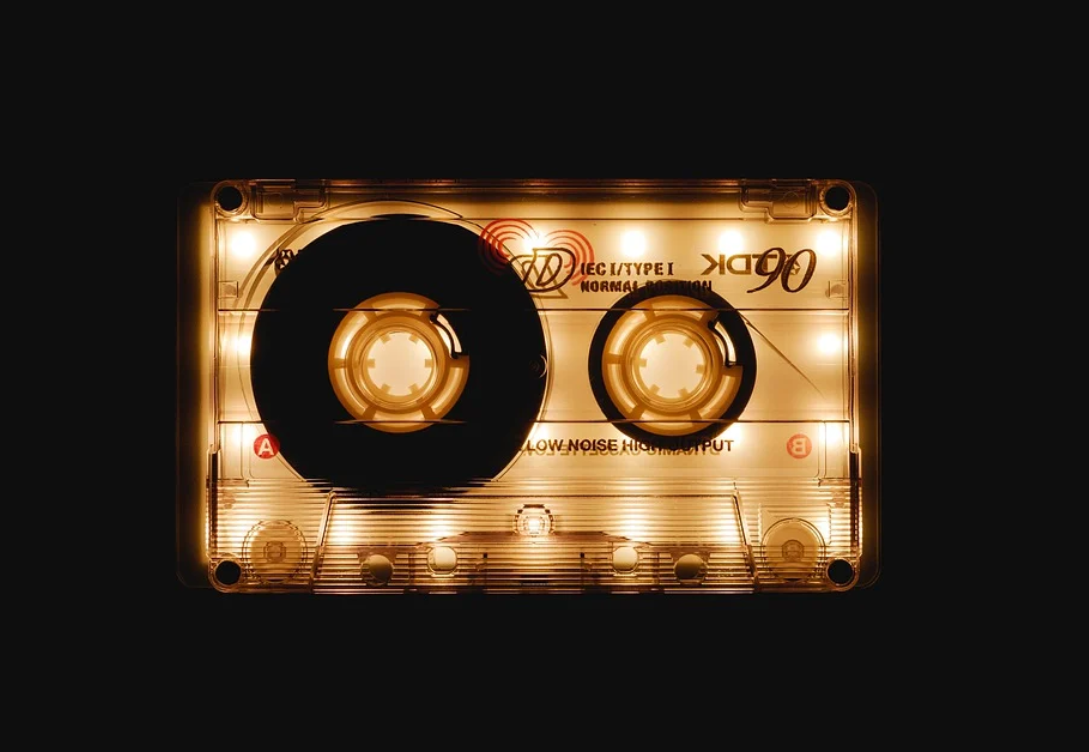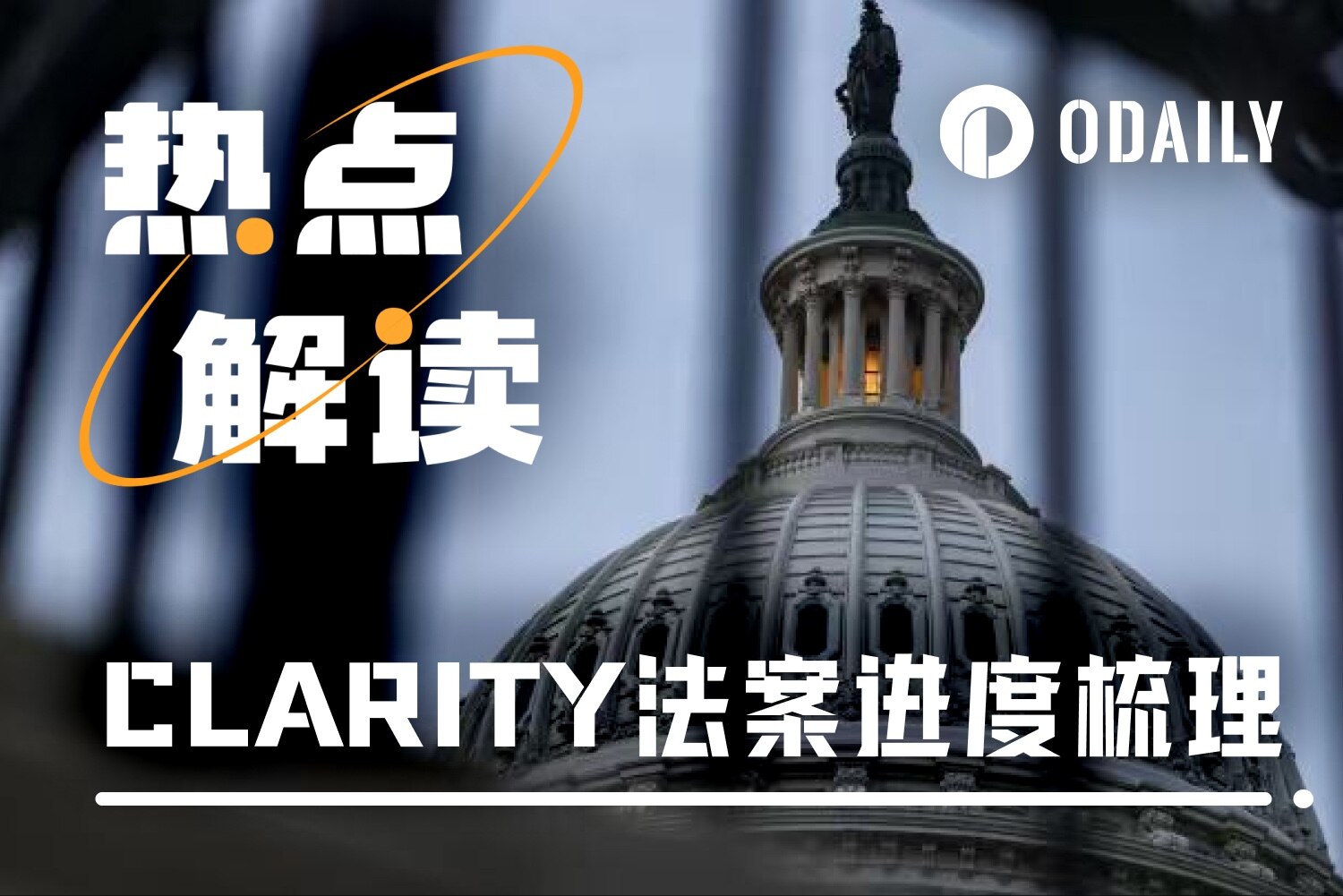トレントから音楽 NFT まで、新しい所有権の世界が到来
出典: オールド・ヤッピー
2003 年に Outkast の海賊版を作成していたとき、MP3 コピーを所有することで著作権使用料が得られる世界を想像できましたか? NFTとWeb3の議論が最高潮に達する中、ヒップホップの伝説的革新者であるナスは、ファンがストリーミングロイヤリティ権を主張するために購入できるNFTとしてシングル2枚を販売しています。音楽NFTの人気は特に興味深い議論を引き起こします:ブロックチェーンはトレントの無料でオープンな美徳に反して機能しますか?それともコンテンツ海賊団が覆そうとしている門番検閲と戦っているのだろうか?

副題
アーティストもファンも
デジタル エンターテインメントの歴史の中で最も意見の分かれた時期は、Napster の時代と 2000 年代の BitTorrent の大量採用でした。この時代は音楽業界と映画業界を変革し、アーティストとファンが対立しました。この期間は、デジタル商品 (Spotify、Netflix、Apple Music など) の消費者の選択が大幅に改善されたことに伴い、知的財産権の執行が劇的に増加したことで終わりました。"Web3 の台頭により、デジタル所有権、知的財産管理、クリエイターの権利などの概念が再び注目されるようになりました。 Web 3 の批評家は、トレントを取り巻く精神に対して否定的な比較をすることがよくあります。彼らの主張は、トレントは"知的財産に対する徹底的な反対
、よりオープンで無料でアクセス可能なコンテンツを備えたインターネットを作成しましたが、ブロックチェーンはその逆です。
これではいくつかの重要な点が抜け落ちています。まず、単純に現金を節約するためにやっている人もいますが、公式の支払い源にとって非常に便利であるという理由でやっている人も多く、トレントの動きは、急速なテクノロジーの変化によって促進された時代遅れのビジネスモデルに対する消費者の反発として最もよく理解されています。この点において、web3 は間違いなくその時代の精神的な後継者です。
"この話題のもう一つの問題は、当時の実際の議論が忘れられていることです。当時の哲学的な海賊たちは、海賊行為の正当化としてアーティストが仲介者によって危害を加えられることを指摘した。"アーティストはお金をすべてツアーに費やしているので傷つかない"、それは当時明らかに結集点であり、大手出版社が悪者として描かれることが多かった。実際、レコード販売に対するトレントの影響は、出版社やアーティストの収益に悪影響を与える可能性があります。トレント運動を Web 2.0 の台頭に対する Web 1.0 支持者の反対運動として説明するのは、ある種のことです。"色眼鏡
この行為は、コンテンツの著作権侵害による人的コストを無視しています。
さらに、自分たちの権利を主張し、出版社の側に立っているように見えた多くのミュージシャンも泥沼の中に引きずり込まれたが、これはこの運動の道徳的高みにとって良いイメージではない。
ただし、Web3 はクリエイターとファンに、強制力のある希少性、透明性、基本的な所有権、明確な出所などのより優れたツールを提供します。アーティストが自分のコンテンツを直接所有し、コミュニティへのアクセスを維持することがこれまでより簡単になりました。そのため、web3 はある意味トレントに敬意を表していますが、実際には、アーティストとそのファンにとって、より有意義で経済的に力を与えるモデルのインフラストラクチャを提供しています。
副題
門番を打倒する
トレントは、ピアツーピアの分散テクノロジーであるという点でブロックチェーンに似ています。 NFT の台頭により、ブロックチェーンもコンテンツ配布のより一般的な方法になりつつあり、これも BitTorrent の特徴です。これらのテクノロジーの主な違いの 1 つは、知的財産に対するユーザーの態度です。"torrent と web3 の時代において、創作は難しくもあり、楽しくもあり、やりがいがあり、称賛されるものでもあります。知的財産は、こうした創造的な行為を確実に継続させるための 1 つの方法です。初期の知的財産制度では、クリエイターの価値は門番、レントシーカー、仲介業者によって圧倒的に捉えられていたように見えました。このフレームワークが無視しているのは、これらの仲介者が対処するだけであるということです。"発見する
問題の手段。
アーティストが空の部屋に閉じ込められるという創造的な行為は家賃を支払うのに役立ちません。そのため、パブリッシャー、レーベル、マネージャー、ブローカー、その他すべての人々が台頭しています。好むと好まざるにかかわらず、このグループはテクノロジーと配布手段の詳細を考慮すると、非常に長い間信じられないほどの成功を収めてきました。また、発見問題は大きな問題として消えたわけではありません。
しかし、トレントの時代にこのような激しい対立を引き起こしているのは、特に急速な技術変化の時代に、そのような発見デバイスがサポートすべき創造的な才能をはるかに超えてその力と価値を高めているという認識です。
web3 の主な目標は、ゲートキーパーのステータスを根本的に取り除くことです。 Web3 の問題の 1 つは、皆さんが苦労して稼いだお金が、サポートしたいクリエイターやプロジェクトに直接送られることを明確にする透明性のある分散型ツールを使用して、ゲートキーパーがどこにでもいると考えていることです。"オープン台帳、スマートコントラクト、ホワイトペーパーは、旧世界においてクリエイターが署名を強いられていた機密性の高い機密契約とは全く対照的です。過去に知的財産権がそうであったように、人々はクリエイターを保護するための新しいメカニズムを望んでいます。今では、その利益はクリエイター自身にあると安心できます。ある芸術家の言葉を借りれば、この技術により、"より多くのクリエイター、より多くの音楽、より多くの人間体験を"。この問題を要約すると、"、これら2つの運動の重要性を完全に無視しています。
副題
自分の権利のために戦う
NFTはアルバムや物理的なアートを完全に置き換えるものではありません。これらはファンに新しい体験を生み出し、ライセンスとクリエイターの生計を立てる能力に大きな影響を与えるでしょう。
私は Twitch の音楽サービスの構築に 4 年以上費やし、DMCA 鉱山でかなりの時間を費やしてきました。そのため、米国におけるデジタル知的財産の執行に伴う頭痛の種はよく知っています。
NFT は、より明確で透明性があり、運用可能で効率的なビジネス方法です。すべての所有権の詳細は、法律用語に埋もれることなく、コンピューターが理解できる簡単な用語で書かれています。さらに、これらの契約の簡素化により、ライセンスの利用がさらに促進されるでしょう。ちょうど、簡単に消費できる MP3 への移行が音楽ストリーミング業界の始まりであったのと同じです。人々が正しいことを簡単に行える製品を作れば、人々は正しいことをしたいと思うようになることがわかりました。
これは、NFTがコラボレーションの障壁を下げ、ファン自身がクリエイターになる機会を生み出すことができることを意味します。アルバムを所有すると、ファンがアルバムをリミックス/サンプリングしたり、ストリーミングしたり、バーで再生したり、映画やポッドキャストのサウンドトラックに含めたりする権利も得られるというアイデアが気に入っています。
契約して代表を務めるアーティストにも参加する機会があり、おそらく彼らの肖像や彼らが作成したアートに基づいてアートや収集品のNFTをリリースします。クリエイターがNFTをメリットバッジとして使用したり、コンサートやその他のライブイベントへのパスとして使用したりするのを見てみたいと思っています。多くのミュージシャンは、これらの新しいツールを使用することでファン クラブがうまく変化し、完全な所有権を獲得し、一緒にコミュニティを構築する機会が得られることに気づきました。
副題
訴訟ではなく協力
ブロックチェーン技術はアーティストがファンとコミュニティを構築するための即時手段を提供し、アーティストがファンを特定し、仲介者なしでファンに物を贈ったり販売したり、アートワークやシグナルを共有してコミュニティを形成したりできるようにします。
これらのツールを組み合わせることで、消費者をコントロールするために使用されていた仲介者なしで、アーティストが 20 年前に利用できたものよりも多くのコミュニティ構築力が得られます。



